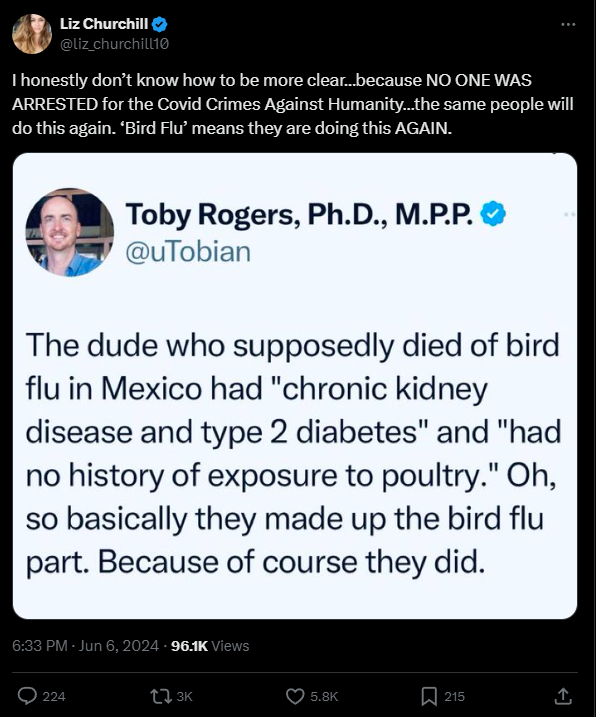Is this true?

 www.afintl.com
www.afintl.com
 www.usaid.gov
www.usaid.gov

United States Confirms Sending $80 Million To Afghanistan Every 10-14 Days
The US State Department confirmed to the Special Inspector General for Afghanistan Reconstruction (SIGAR) that it dispatches $80 million in cash to Taliban-controlled Afghanistan every 10-14 days.
The United States Has Provided More Than $1.1 Billion To Respond To Humanitarian Crisis In Afghanistan Since August 2021 | Press Release | U.S. Agency for International Development
The United States, through the U.S. Agency for International Development and the U.S. Department of State, is providing nearly $327 million in additional humanitarian assistance to respond to the ongoing humanitarian crisis in Afghanistan.
















